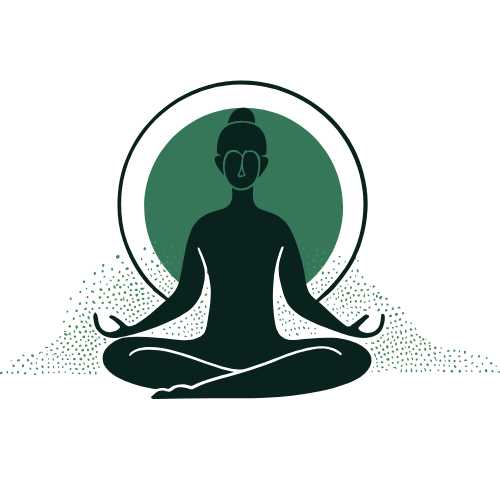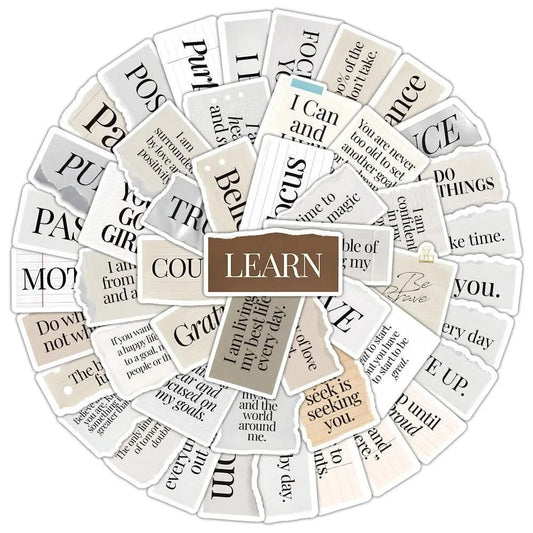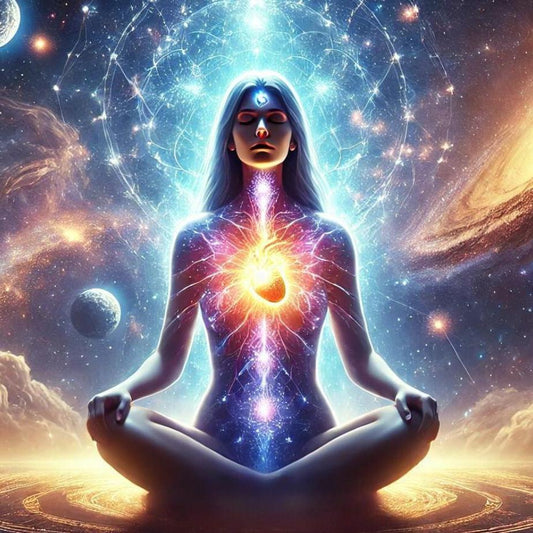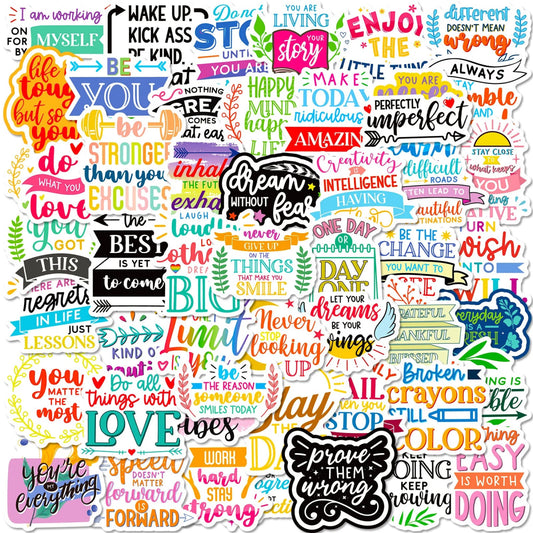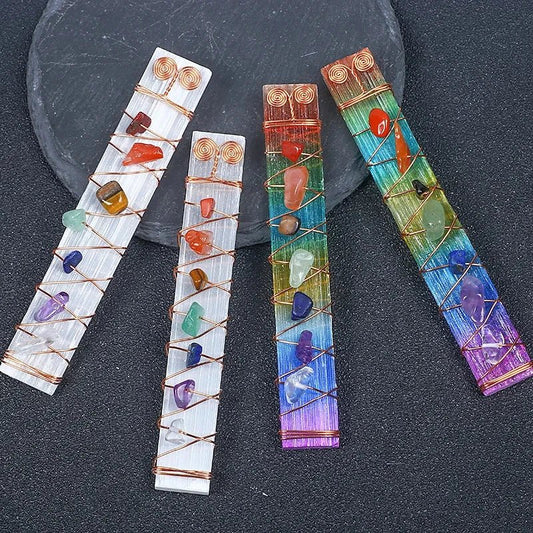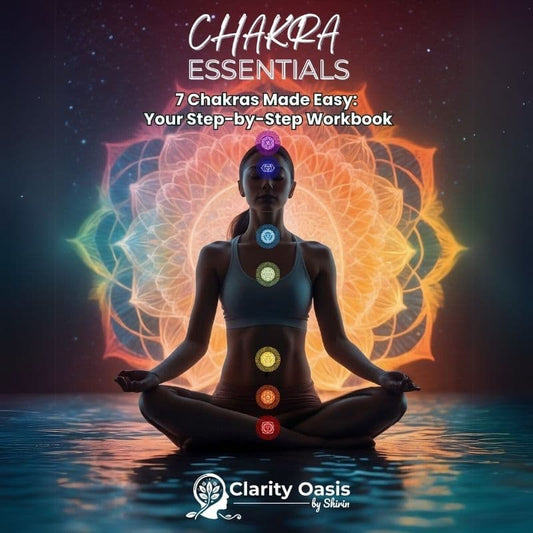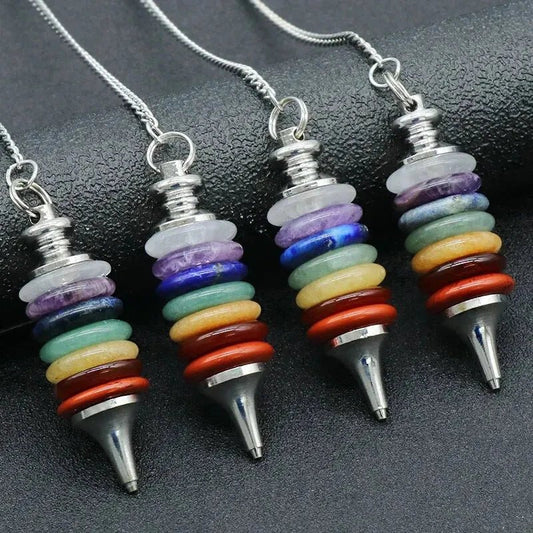
Key Takeaways
- Emotional symptoms of a blocked heart chakra include increased anxiety, feelings of isolation, and reduced empathy or compassion.
- Physical symptoms may manifest as tightness in the chest, fatigue, or respiratory issues like asthma.
- Behavioral changes include withdrawal, excessive people-pleasing, and difficulty expressing love or accepting compliments.
- Healing practices such as heart-opening yoga, meditation, and using affirmations promote self-love and emotional healing.
- Acknowledging emotions and engaging in self-reflection through journaling can facilitate personal growth and healing.
Understanding the Heart Chakra
The heart chakra, known as Anahata in Sanskrit, is the fourth chakra in the body’s energy system and is located at the center of the chest. It serves as the bridge between the lower physical chakras (root, sacral, and solar plexus) and the upper spiritual chakras (throat, third eye, and crown). This unique positioning symbolizes its role as the unifying energy center, harmonizing the physical and spiritual aspects of our being.
At its core, the heart chakra governs love, compassion, forgiveness, and emotional balance. It is the source of our ability to give and receive love—both to ourselves and to others—and nurtures empathy, kindness, and connection. When this chakra is balanced, it fosters harmonious relationships, self-acceptance, and a deep sense of inner peace. A healthy heart chakra helps us approach life with openness, trusting in the goodness of others while maintaining emotional resilience.
The heart chakra is associated with the color green, which represents growth, renewal, and healing. This vibrant energy extends into both our inner world and how we connect with the external world. Physically, this chakra is linked to the heart, lungs, and circulatory system, emphasizing its role in life force and vitality. Energetically, it represents the emotional center, influencing how we process feelings and interact with others.
When blocked or out of balance, the heart chakra can disrupt these essential functions. Emotional symptoms may include fear of vulnerability, difficulty trusting others, or feeling disconnected from loved ones. On a physical level, issues like chest tightness, respiratory challenges, or fatigue can emerge. These blockages can stem from unresolved pain, rejection, grief, or trauma, creating emotional walls that inhibit our ability to love freely or feel loved.
Understanding the heart chakra is vital because it directly impacts how we relate to ourselves and others. By exploring this energy center, we unlock pathways for healing and growth, learning to let go of past wounds and embrace life with greater compassion. The heart chakra reminds us of the power of love—not only as an emotion but as a transformative energy that connects us to the world in profound and meaningful ways.
Emotional Symptoms of a Blocked Heart Chakra
A blocked heart chakra can manifest as emotional heaviness or turmoil. Here are six common emotional symptoms:
- Increased Anxiety or Fear: You may find yourself constantly worrying about relationships, fearing rejection, or feeling uneasy without an apparent reason.
- Isolation and Loneliness: A sense of detachment from others may arise, making it challenging to form meaningful connections.
- Difficulty Expressing Emotions: Struggling to communicate your feelings or being overly defensive can indicate an imbalance.
- Reduced Empathy or Compassion: You might feel indifferent to others' emotions or have trouble showing kindness.
- Unresolved Grief or Sadness: Lingering feelings of sorrow or heartbreak, even without recent triggers, may point to a blocked heart chakra.
- Emotional Reactivity: Overreacting to minor situations or suppressing emotions altogether can signal an energy blockage.
Recognizing these emotional symptoms is the first step toward healing. Journaling, meditating, or seeking support from loved ones can help you process these feelings and uncover their underlying causes.
Physical Symptoms of a Blocked Heart Chakra
When your heart chakra is blocked, the imbalance can extend to your physical body. Here are some common physical symptoms:
- Chest Tightness or Pain: You may experience discomfort in your chest or difficulty taking deep breaths.
- Fatigue: A blocked heart chakra can leave you feeling drained and lacking vitality.
- Respiratory Issues: Conditions such as asthma, bronchitis, or shortness of breath may emerge.
- Circulation Problems: Cold hands and feet or irregular blood flow may indicate stagnant energy in the heart center.
- Digestive Discomfort: Emotional turbulence in the heart chakra can manifest as an upset stomach or digestive issues.
Addressing these physical symptoms involves practices that promote relaxation and energy flow, such as yoga, breathwork, or physical activity.
Behavioral Changes to Notice
Behavioral shifts are another telltale sign of a blocked heart chakra. These changes often reflect how you interact with yourself and others:
- Withdrawal from Relationships: A tendency to isolate yourself or avoid meaningful interactions.
- Excessive People-Pleasing: Ignoring your own needs to gain approval or validation from others.
- Difficulty Trusting Others: Fear of vulnerability may cause you to build emotional walls.
- Struggling with Intimacy: Avoiding close relationships or being overly dependent on others for emotional support.
Recognizing these patterns can help you identify areas for healing. Self-reflection exercises and mindfulness practices are effective tools for uncovering and addressing these behavioral changes.
Impact on Relationships
A blocked heart chakra can disrupt your ability to connect with others, leading to strained relationships. Key signs include:
- Struggles with Vulnerability: Difficulty sharing your feelings or opening up to loved ones.
- Challenges in Receiving Love: Feeling uncomfortable with compliments or acts of kindness.
- Frequent Misunderstandings: Miscommunication and emotional distance may arise.
By working on your heart chakra, you can restore harmony to your relationships. Cultivating self-love and practicing empathy can strengthen your bond with others.
6 Ways to Recognize and Heal Blockages in the Heart Chakra
-
Practice Heart-Opening Yoga
- Yoga poses such as Cobra Pose, Camel Pose, and Bridge Pose can help open your chest and release blocked energy. To amplify these effects, focus on deep breathing during these poses.
-
Meditate with Guided Visualizations
- Visualize a green, glowing light surrounding your heart, radiating warmth and love. Imagine this light dissolving any blockages, allowing energy to flow freely.
-
Use Chakra Healing Crystals
- Rose quartz and green aventurine are powerful crystals for heart chakra healing. Carry them with you, place them on your chest during meditation, or use them in a crystal grid to promote emotional balance.
-
Incorporate Affirmations
-
Recite affirmations daily to foster self-love and compassion. Examples include:
- “I am open to giving and receiving love.”
- “My heart is filled with compassion and forgiveness.”
-
Recite affirmations daily to foster self-love and compassion. Examples include:
-
Engage in Journaling and Self-Reflection
- Write about your emotions, past traumas, or current challenges. Journaling can help you release pent-up feelings and gain clarity about what’s blocking your heart chakra.
-
Connect with Nature
- Spend time outdoors in green spaces. Walk in a park, sit by a tree, or breathe in fresh air. Nature’s calming energy can help realign your heart chakra.
Techniques for Long-Term Heart Chakra Balance
To maintain a balanced heart chakra, incorporate these long-term practices into your daily routine:
- Gratitude Practice: Reflect on things you’re grateful for each day to foster a positive mindset.
- Daily Rituals: Light a candle, set an intention, or engage in acts of kindness to cultivate love and connection.
- Mindful Breathing: Practice diaphragmatic breathing to stay grounded and promote energy flow.
- Energy Healing: Explore Reiki or sound healing sessions to clear residual blockages.
A balanced heart chakra is essential for emotional well-being, physical health, and fulfilling relationships. By recognizing the symptoms of a blocked heart chakra and embracing healing practices, you can restore harmony and open yourself to love and connection.
Frequently Asked Questions
What Is the Heart Chakra's Role in Overall Well-Being?
You might think ignoring your heart chakra won't affect you, but it's essential for your emotional balance. When nurtured, it fosters love, compassion, and connection, enhancing your overall well-being and enriching your life experience.
How Does a Blocked Heart Chakra Affect Spiritual Growth?
A blocked heart chakra can hinder your spiritual growth, limiting emotional healing and deepening your spiritual relationships. You may struggle to connect with others, making it essential to address these blockages for true transformation.
Are Some People More Prone to Heart Chakra Blockages?
Studies suggest around 70% of individuals experience emotional trauma impacting their heart chakra. You might find yourself more prone to blockages if you've faced significant pain or loss, making healing essential for your spiritual journey.
How Can You Recognize Symptoms of a Blocked Heart Chakra?
A blocked heart chakra, also known as the anahata chakra, may cause emotional detachment, difficulty in expressing love, and physical tightness in the center of your chest. This imbalance disrupts the harmony of the seven chakras, affecting the root chakra and solar plexus chakra in the process.
What Are Effective Ways to Unblock and Open the Heart Chakra?
To unblock the heart chakra, practices like meditation, using essential oils, and deep breathing exercises can be helpful. Focusing on opening the heart chakra allows you to reconnect with feelings of compassion and love, promoting emotional healing and balance.
How Does an Imbalanced Heart Chakra Affect Emotional and Physical Health?
An imbalanced heart chakra can lead to difficulty receiving or giving love and create feelings of loneliness. When the heart chakra is balanced, you experience emotional harmony and physical ease in the center of your chest, strengthening connections with others.
Why Is Opening the Heart Chakra Important for Love and Energy Flow?
The heart chakra, located at the center of your chest, is associated with love and acts as a bridge between the lower and upper chakras. Unblocking and opening your heart chakra encourages forgiveness, empathy, and a deeper connection with the self and others.
Conclusion
Recognizing a blocked heart chakra is a vital step in nurturing emotional, physical, and spiritual well-being. A balanced heart chakra allows you to cultivate deeper connections with yourself and others, fostering love, compassion, and harmony in your life. Through mindful practices like meditation, breathwork, and gratitude reflections, you can release emotional blockages, embrace forgiveness, and restore the natural flow of energy.
Healing takes time and patience, but every small step you take is a meaningful stride toward transformation. By tuning into your heart’s needs and committing to self-care, you can create a more balanced and fulfilling life. Trust yourself on this journey, and remember—you have the power to open your heart to love, peace, and limitless possibilities.


